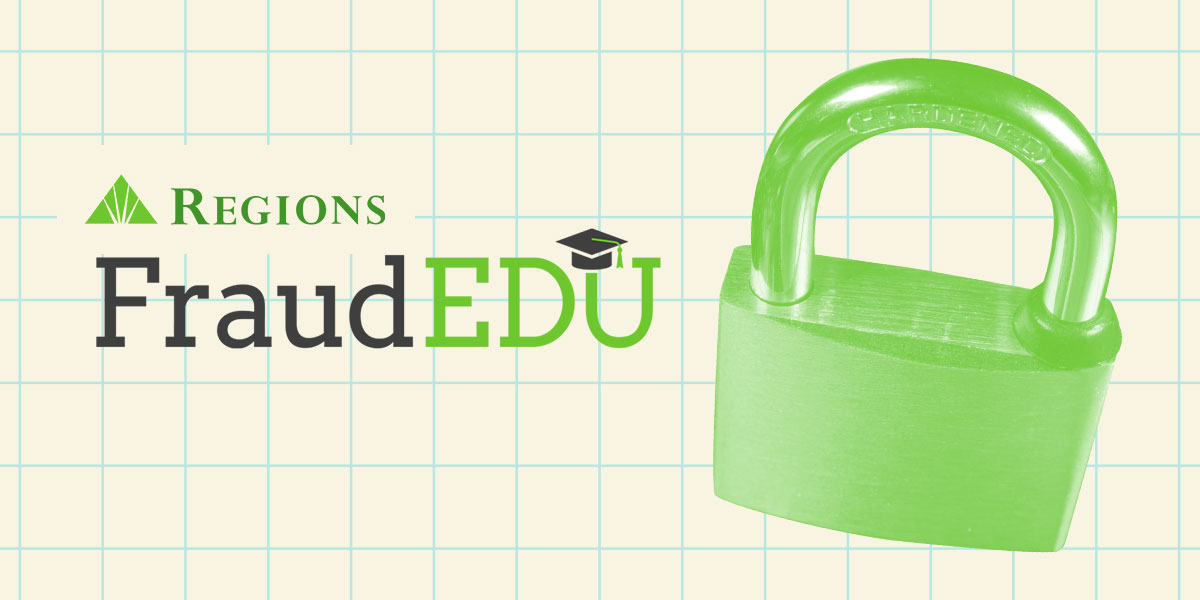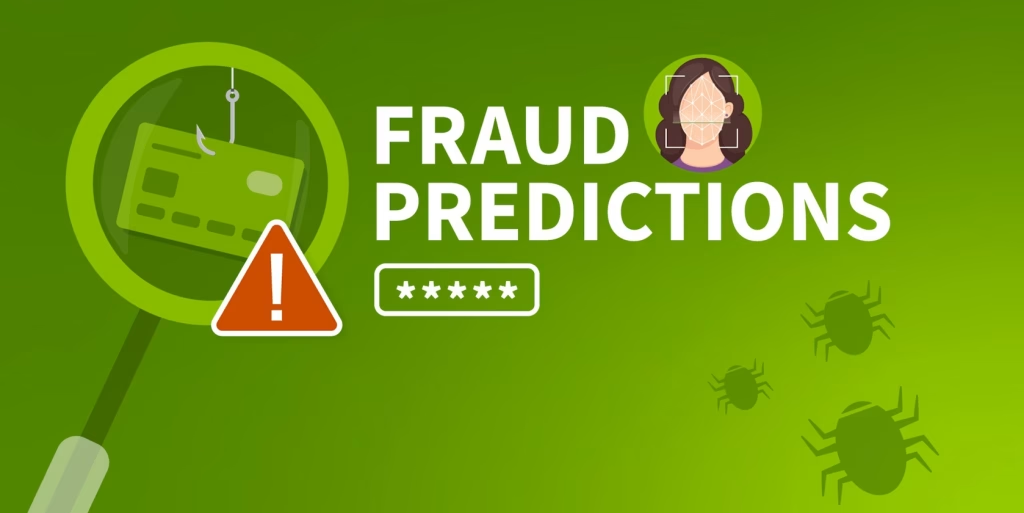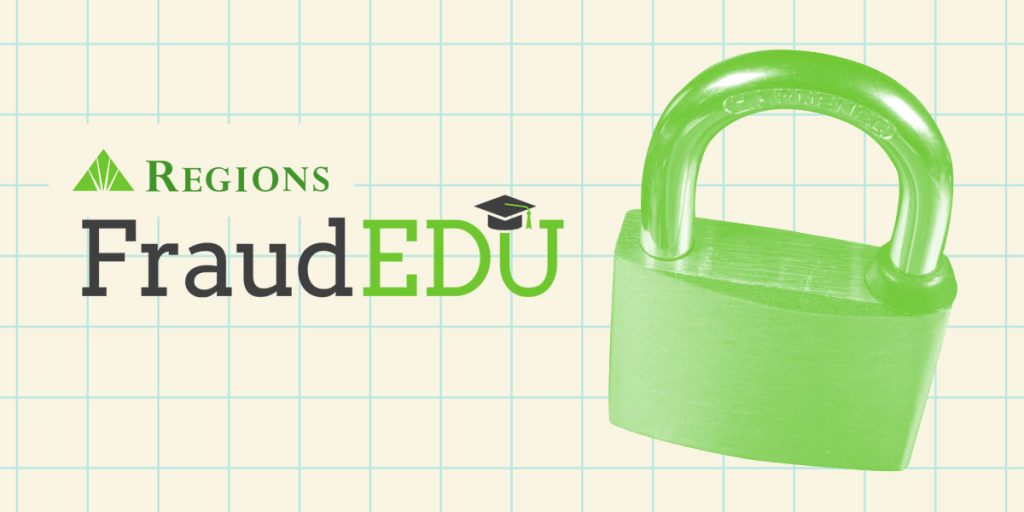As technology continues to shape how we live, connect, and communicate, it also gives scammers more tools to exploit–especially when it comes to targeting older adults.
Whether it’s a phone call from a fake grandchild or personal data quietly collected through smart home devices, elder fraud is evolving.
Staying informed is one of the best ways to protect yourself and your loved ones.
In 2023 alone, Americans over the age of 60 reported more than $3.4 billion in losses due to fraud–a number that continues to rise each year, according to the FBI.
“Criminals are very clever, and they know how to appeal to emotions,” says Jeff Taylor, head of Commercial Fraud Forensics for Regions Bank. “We want people to be aware of these risks and take a few simple steps to avoid becoming victims.”
Five Red Flags of Elder Fraud
Recognizing the early signs of a scam can help prevent heartbreak and financial loss. Here are five red flags to watch for:
- Unsolicited contact from people you don’t know: Scammers may call, email, text, or message on social media pretending to be government officials, tech support, or even relatives. If it’s unexpected, be cautious—and never share personal information without verifying the source.
- Pressure to act immediately: Fraudsters often try to create a false sense of urgency—claiming your bank account has been compromised or that a loved one is in trouble. “These criminals will try to convince you that you must act immediately, and that’s a red flag,” Taylor explains. “Always take a step back and verify first.”
- Strange or specific payment requests: If someone asks you to send money via wire transfer, gift cards, or cryptocurrency, that’s a major warning sign. These payment methods are difficult to trace and nearly impossible to recover.
- Requests for sensitive information: No legitimate organization will ask for your Social Security number, banking details, or login credentials through an unsolicited phone call or email. If someone does—hang up or delete the message.
- Promises that seem too good to be true: Whether it’s a sweepstakes you never entered or a guaranteed investment opportunity, remember: if it sounds too good to be true, it probably is.
Taylor urges people to talk things through before acting: “If you’re unsure, speak to someone you trust—a banker, a family member, or a friend. Just taking that step can help protect you.”
The Hidden Risk Inside the Home: Smart Devices
While phishing emails and scam phone calls remain common, elder fraud is also entering the home in more subtle ways—through smart technology. Devices like virtual assistants, smart TVs, doorbell cameras, fitness trackers, and even internet-connected refrigerators make life easier, but they also collect data about your habits, preferences, and daily routines.
This growing network of devices is known as the Internet of Things (IoT). And according to the FBI, it’s important to understand the security risks they pose—especially for seniors who may not realize what these devices are capturing or sharing.
Here are a few simple tips from the FBI to protect yourself and your data:
- Change default usernames and passwords. Many smart devices come preloaded with credentials that are easy for hackers to find online. Create strong, unique passwords for each one.
- Keep software up to date. Just like computers, smart devices need regular updates to fix security flaws.
- Secure your Wi-Fi network. Use strong encryption (like WPA3 if available), and don’t reuse passwords across accounts.
- Know what your devices are doing. Check device settings, review privacy policies, and disable any features you don’t need. You may be surprised at what’s being recorded or transmitted.
“Many of us are inviting these technologies into our homes for convenience,” Taylor says, “but it’s essential to know how they work and what information they’re capturing. Protecting personal data is just as important as protecting your wallet.”
Stay Aware, Stay Secure
Whether it comes through a phone call or a smart speaker, fraud can affect anyone.
The good news? You don’t have to be an expert to protect yourself–you just need to stay informed, ask questions, and know when to pause.
Talk with your aging loved ones about common scams. Keep an eye on financial activity. Make sure any smart devices in the home are secured. And when something feels off, take a moment before acting.
If you suspect fraud, report it immediately to local law enforcement or the FBI’s Internet Crime Complaint Center at ic3.gov.









